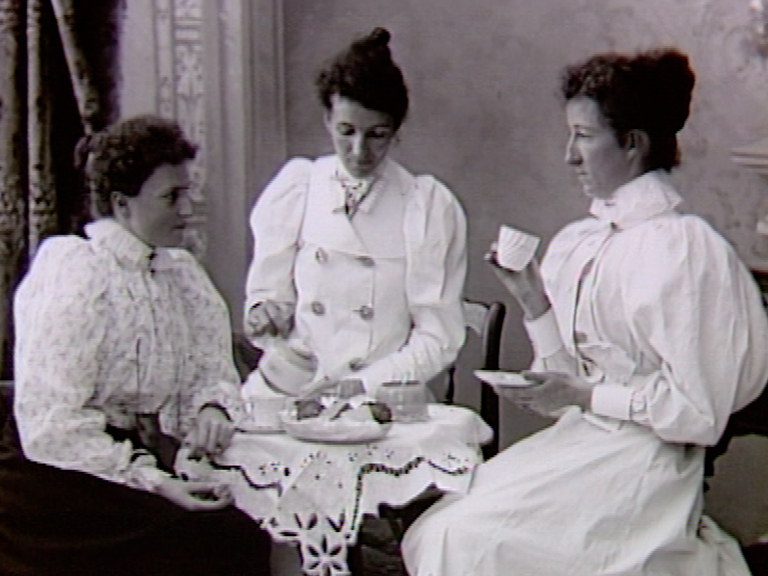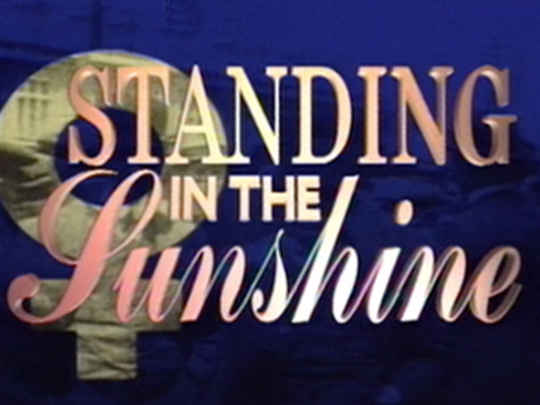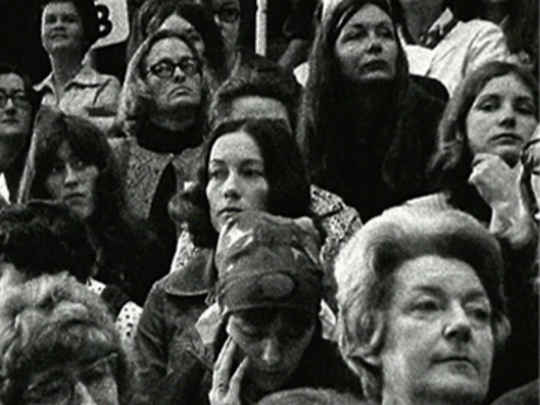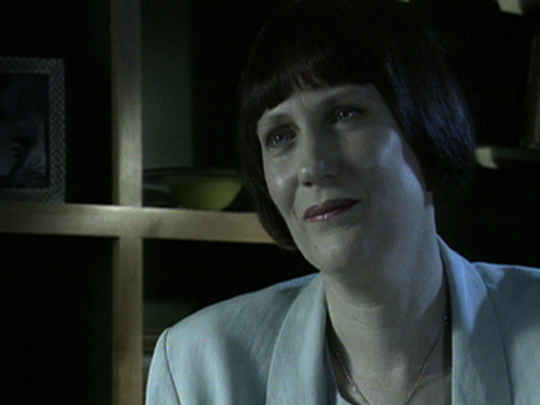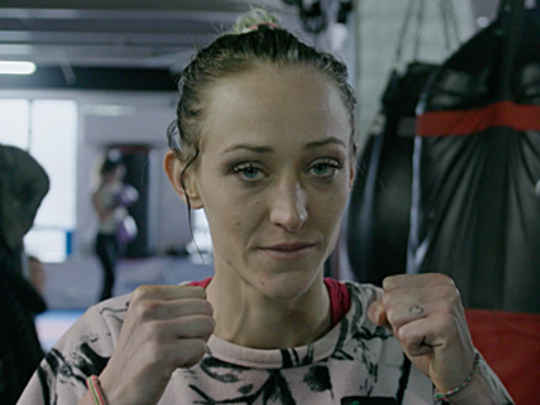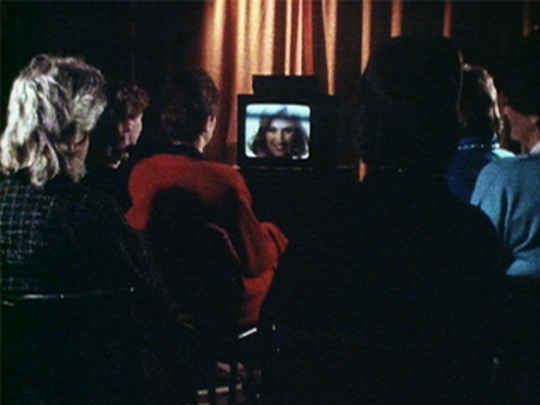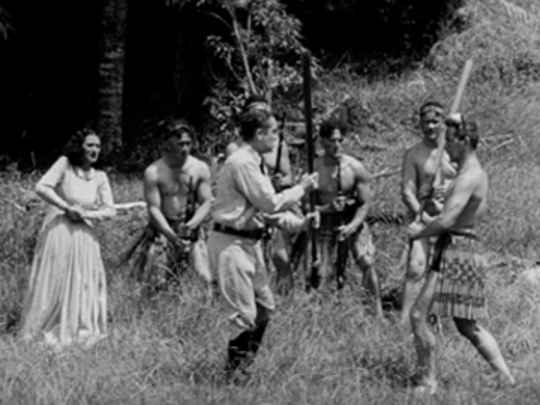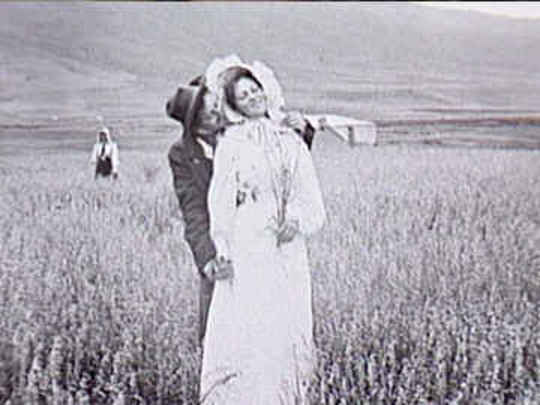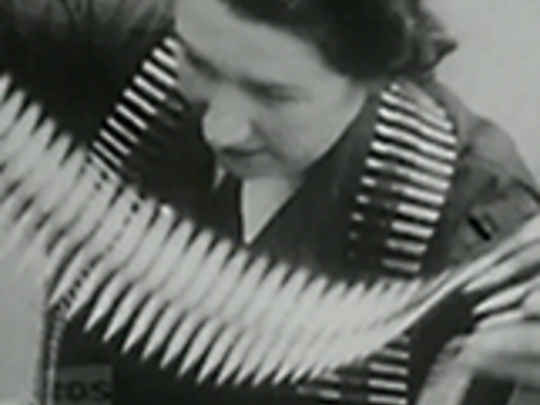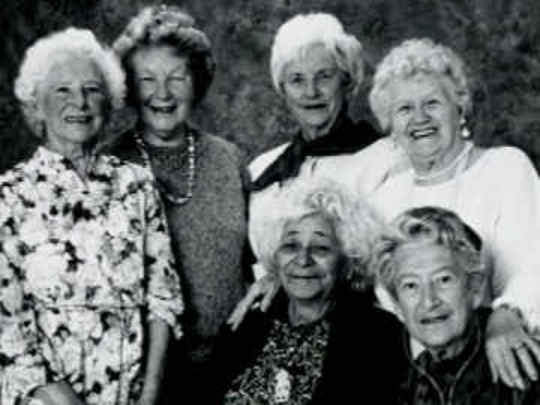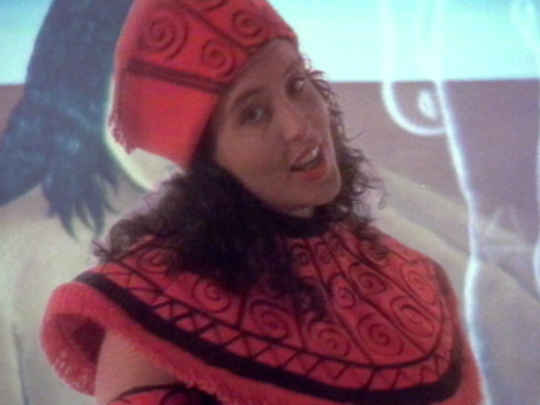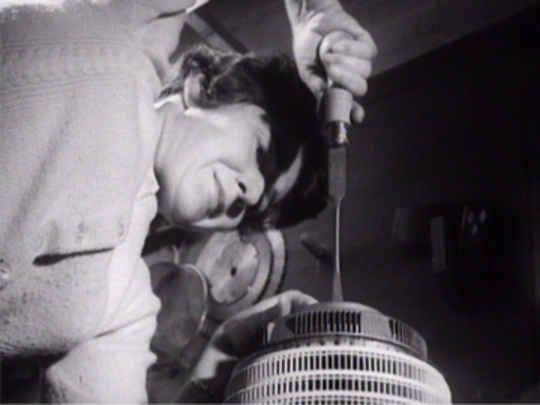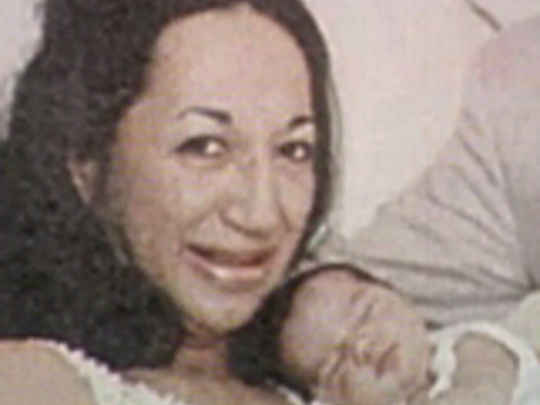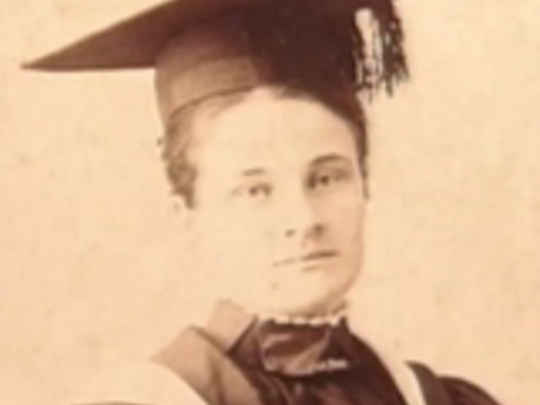Standing in the Sunshine - Freedom
Television (Full Length Episode) – 1993
The question is often asked, what do women want? We want men to stand out of our sunshine. That is all.– 1800s suffragist Margaret Sievwright's famous quote, as heard at the start of each episode
Today for women in sport I think there is more of an effort being made to acknowledge women, and acknowledge women's performance. But one of the reasons for that of course is that if you look at New Zealand at the moment, most of our top sportspeople are women, so therefore it's really been forced upon everybody. What I feel though is that it shouldn't actually be an effort — it should be natural. And until it becomes natural I don't really think we're really there.– Former New Zealand shotput champion Glenda Hughes, early in this documentary
Women climbing with women often climb differently from when women are climbing with men . . . one of the nice things about climbing all women is that the women get a chance to make the decisions, to do the lead, to read the maps, to assess the snow, to make all those leadership decisions.– Mountaineer Margaret Clarkes, early in this documentary
The car was the ultimate symbol of freedom. I could jump in and go anywhere and defy anyone, and nobody could stop me.– Famed 1950s woman around town Anna Hoffman describes her red MG
... by 1970 at the Nambassa concert, it seemed everyone was behaving like that. Conventions about women and their place in society had been turned on their head.– Narrator Carol Archie on the sexual revolution of the 1970s
The whole Pākehā system, from all levels, was making inroads into the social structure of a Māori society at that time. But the women still maintained their role in keeping things together, and they never really lost that drive, that commitment to keep the community together.– Māori Studies Lecturer Merimeri Penfold
